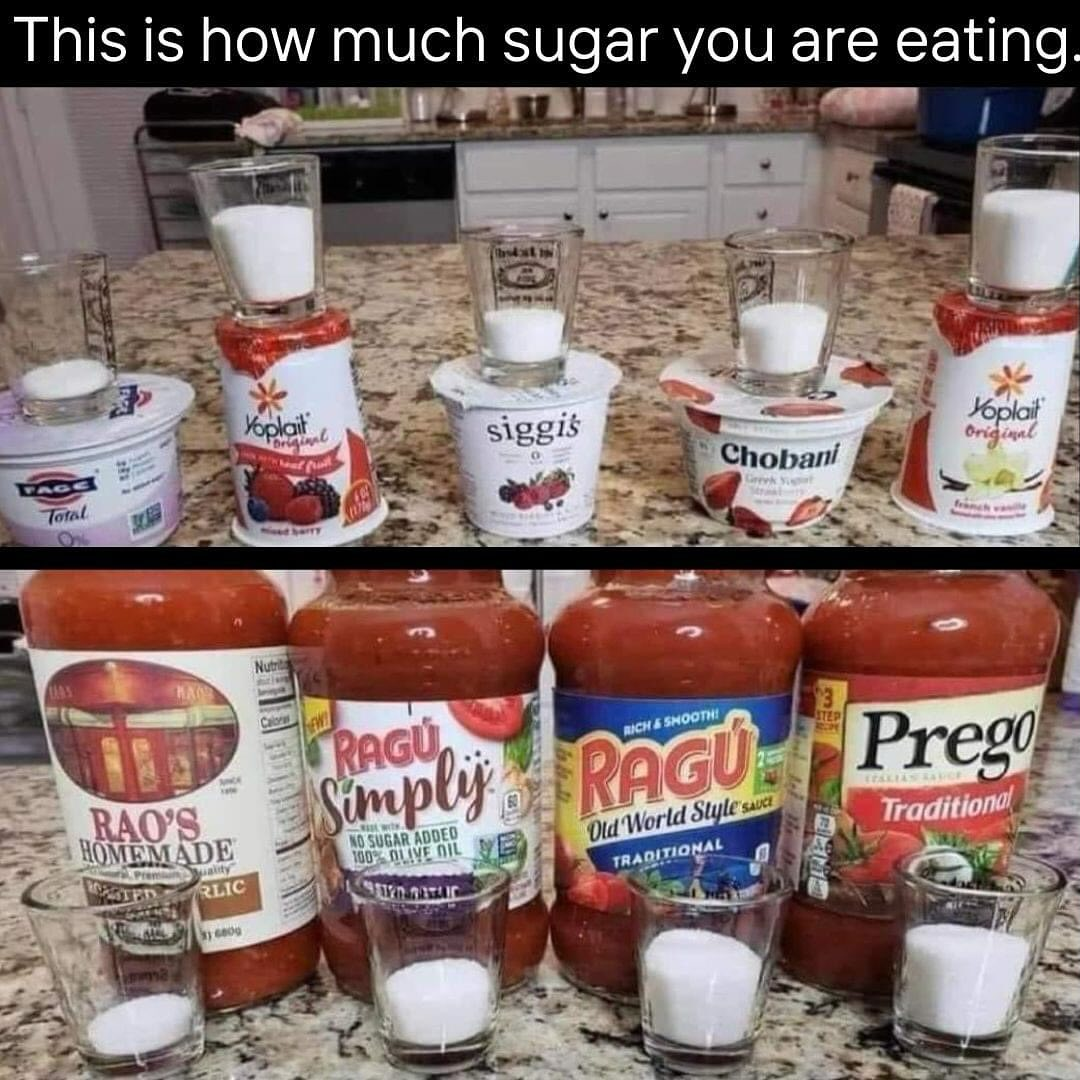this post was submitted on 05 Nov 2024
623 points (91.8% liked)
memes
10309 readers
1820 users here now
Community rules
1. Be civil
No trolling, bigotry or other insulting / annoying behaviour
2. No politics
This is non-politics community. For political memes please go to [email protected]
3. No recent reposts
Check for reposts when posting a meme, you can only repost after 1 month
4. No bots
No bots without the express approval of the mods or the admins
5. No Spam/Ads
No advertisements or spam. This is an instance rule and the only way to live.
Sister communities
- [email protected] : Star Trek memes, chat and shitposts
- [email protected] : Lemmy Shitposts, anything and everything goes.
- [email protected] : Linux themed memes
- [email protected] : for those who love comic stories.
founded 1 year ago
MODERATORS
you are viewing a single comment's thread
view the rest of the comments
view the rest of the comments

You get it from different sources. Breakdown of onions and as someone else mentioned, carrots. Balsamic vinegar has some. There's other sources as well, I'm just blanking on them.
But agreed, I rarely add actual plain sugar to my pasta sauces.
But is the sugar of broken down (caramelized) onions the same sugar? As in, would the jar with sugar next to my meal to show me how much sugar I'm eating fill up as the onions caramelize?
Not sure about the jar portion. But the caramelization process is a bit complicated. It uses free sugars and amino acid to make the brown, caramelized flavour.
Onions are ~9 % carbohydrates with 4 % of that being simple sugars capable of caramelizing. Apparently another 2 % is fibre, leaving ~3 % being more complex carbohydrates I guess? Like cellulose or starches maybe. Those can get broken down at some points, but as far I know, need enzymes to do so.
But back to your question, if the small glasses are showing "sugar" as in sucrose, the onions could have either sucrose maybe? Or individual sugars such as glucose and fructose (the 2 components of sucrose). There's a number of other single sugars that could make up that 4 % though.
Very interesting, thanks
Yes, but aren’t those sugars much different (read: better) than refined cane sugar (or worse: HFCS)?
Sugar is sugar, but it's better that you're getting vitamins and fiber from those plants as fiber will slow the rate of absorption.
Fair and excellent point.
What I failed to articulate originally was that a lot of food already naturally contains sugar in some form, so adding in more sugar (like cane sugar or HFCS) is what makes it bad for you.
I don't put anything like that in my sauce. Tomatoes, garlic, olive oil, herbs and spices.
I think cooking it for hours tends to lower the acidity a bit.
But I think I just like it that way.
Your sauce will still have less sugar than others, but if I understand correctly, simmering for hours will break down the more complex sugars in tomatoes into simpler sugars resulting in a somewhat sweeter taste
I think cooking does also dull the percieved acidity of food though, hence lemon juice or other acids often being added at the end so as to keep the brightness. But I'm not actually sure if the pH changes or if it's just a change in the tartness we associate with acidity, maybe someone can chime in with more information :)
The actual acid (acetic in vinegar, citric in citrus and tomatoes) actually boils off with the water. So a long simmer actually removes the acid and changes the pH of the dish.
Oh shit, that's super interesting! Really appreciate you sharing that, now I wanna go read more about that some time!